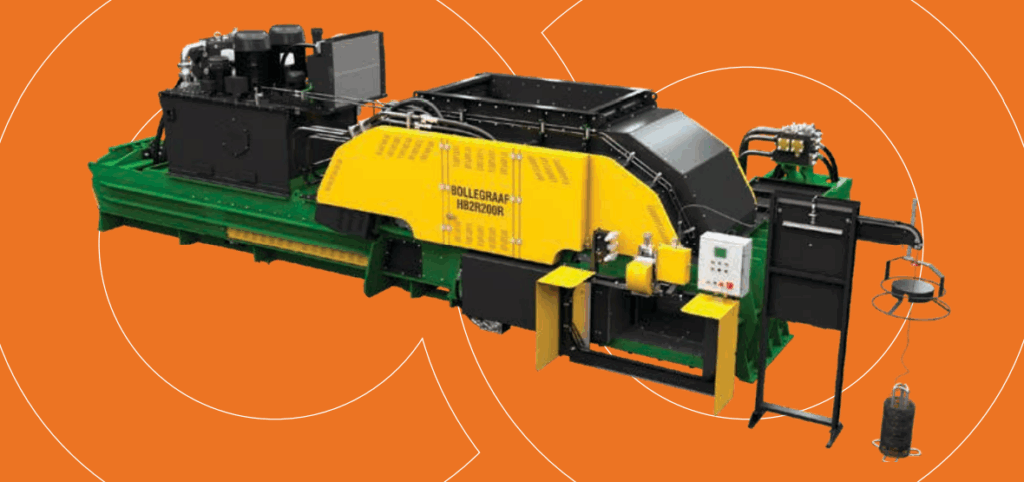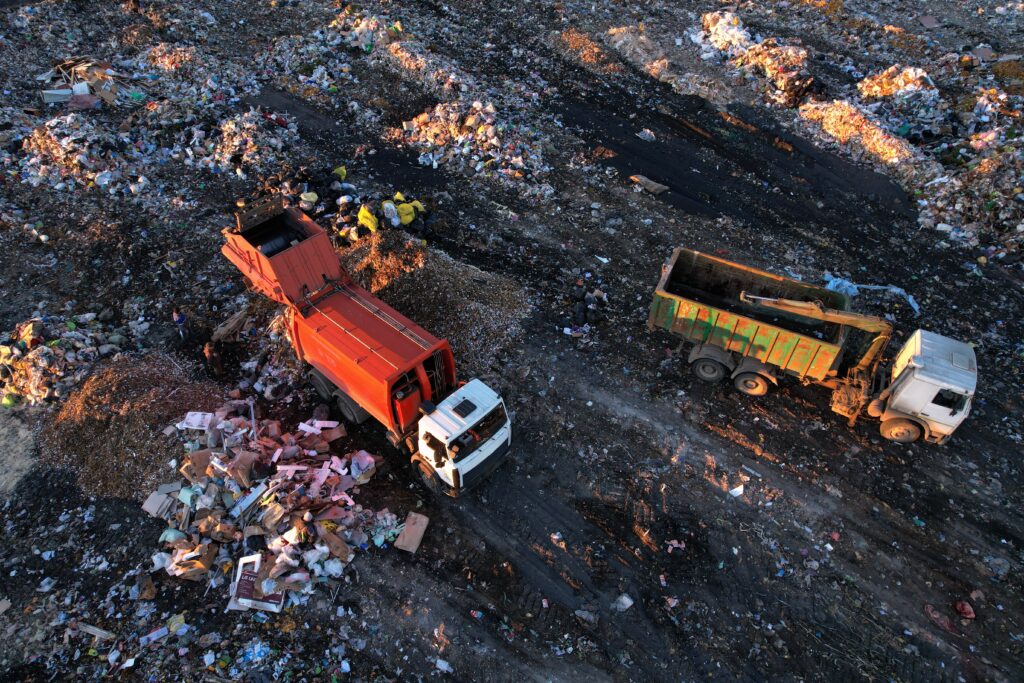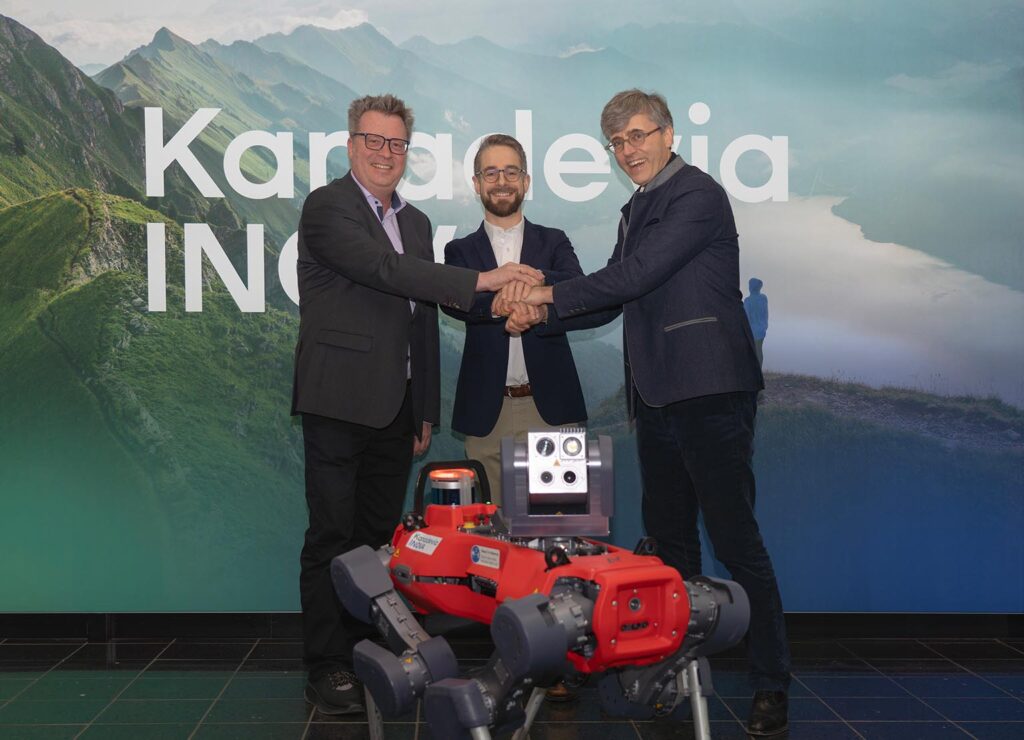The European Waste Electrical and Electronic Equipment Directive covers the collection, recycling and treatment of old electrical goods. It is supposed to be transposed into UK law by August 2004, a year ahead of the Directives first requirements on producers, retailers and recyclers.
The DTI had said that its third and final consultation of stakeholders on draft regulations would be published “late spring” 2004.
But, Jeff Cooper, the Environment Agency's producer responsibility policy manager, told delegates at the Industry Council for Electronics Equipment Recycling that he expects it to be published in July with regulations coming in late 2004.
“I have to say that we have yet to see the draft regulations as a core team (of the Agency, DEFRA and DTI). I am suggesting here that we are not likely to see the draft regulations until July so that is a slight deviation to the timetable we had,” he said.
He warned that this late implementation could put the pressure on the registration of a “very large number of producers” that has to be completed by summer 2005.
The delays, he said, are largely caused by discussions on a national clearing house. This is a body proposed by electronics manufacturers in the early consultation stages to manage producer responsibility of the Directive, such as registration and data collection.
It now appears that there will be no provision for the clearing house in the draft regulations but it would up to the regulatory bodies – the Environment Agency, SEPA and the Northern Ireland Department of the Environment – if they want to use a clearing house.
Chris Tollady of the DTI' sustainable development unit said that in the draft regulations the role of the clearing house will be set out. “The original proposed tasks of the clearing house, in the first instance, will full to the agencies. Then they can delegate tasks to a third party such as the clearing house,” he said.
Questions also remain as to how the clearing house, or another body, would allocate the collection and recycling of WEEE from a central point.









Subscribe for free